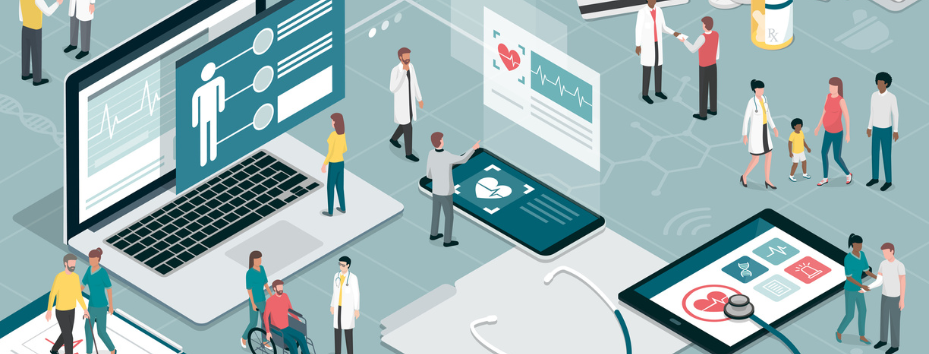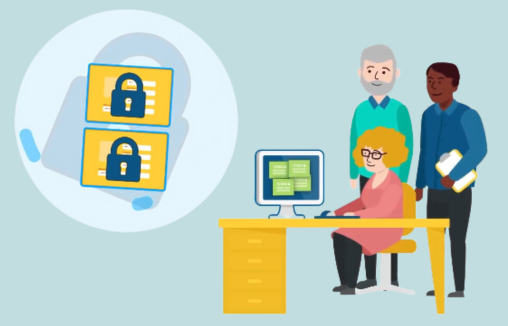What is CRIS?
The Clinical Record Interactive Search (CRIS) system is a computer system that allows researchers at the NIHR Maudsley Biomedical Research Centre (BRC) to carry out research using information from South London and Maudsley NHS Foundation Trust clinical records. CRIS is safe and secure, and patients' personal details cannot be accessed by researchers who use it.
CRIS helps us to look at real life situations on a large scale. This means it's easier to see patterns and trends, like what treatments work for some and don't work for others.
Applications to access CRIS and the analyses carried out using CRIS are closely reviewed, monitored and audited by a CRIS Oversight Committee, which carries representation from the Maudsley Caldicott Guardian and is chaired by a service user. The CRIS Oversight Committee is responsible for ensuring all research applications comply with ethical and legal guidelines.
CRIS was developed with extensive involvement from service users and adheres to strict governance frameworks managed by service users. It has passed a robust ethics approval process acutely attentive to the use of patient data. The data is used in an entirely anonymised and data-secure format and all patients have the choice to opt-out of their anonymised data being used.
We believe CRIS can make a real and positive difference to future treatments and care.
Watch: Introducing the Clinical Record Interactive Search (CRIS)
















